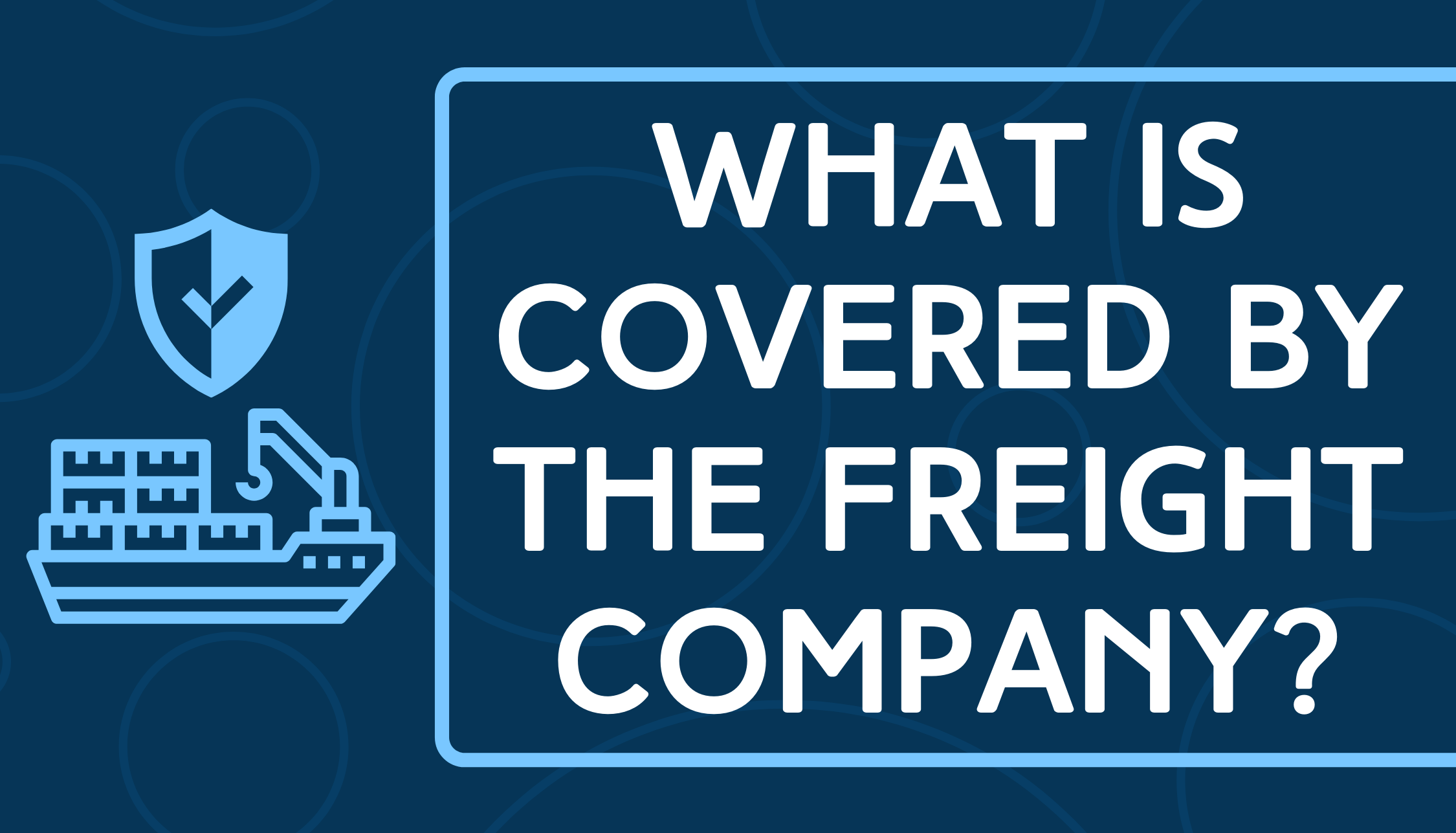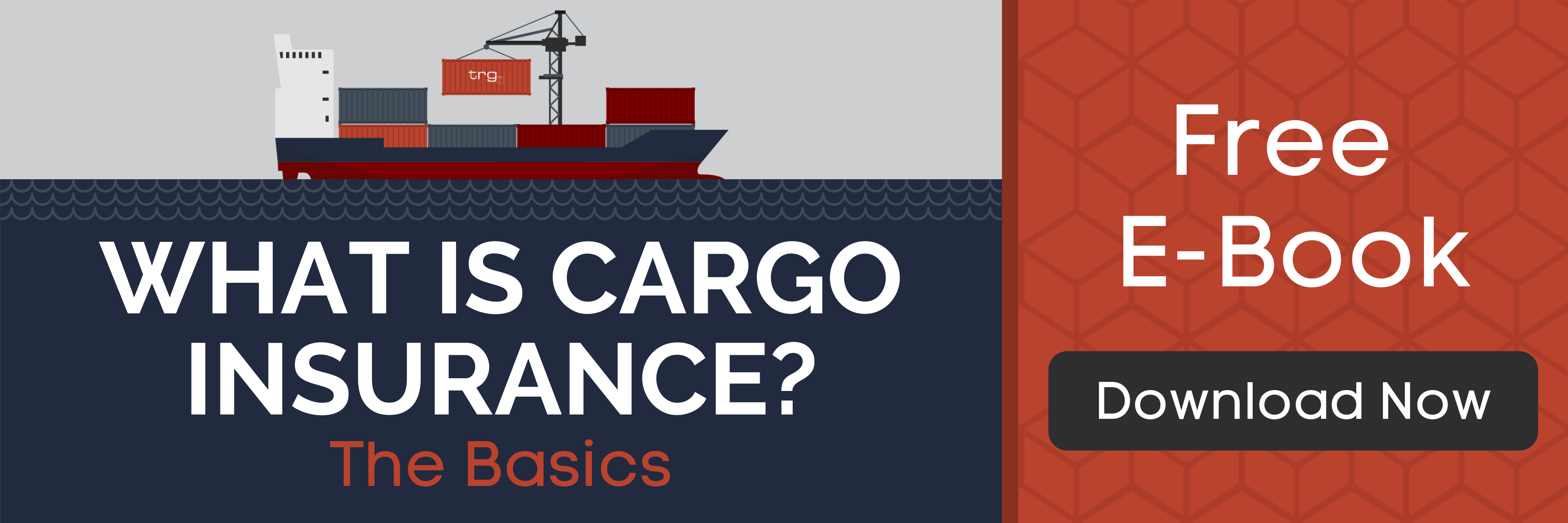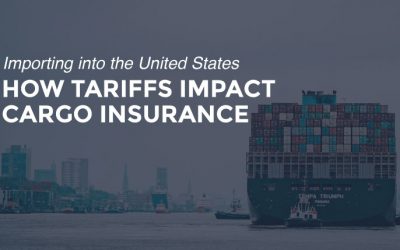When shipments are lost or damaged in transit, shippers will need to know what to expect from their freight company, or carrier, when filing a claim.
Lost or damaged shipments will not be fully covered by the freight company. Freight companies are limited in their liabilities towards shippers, so shippers should consider purchasing cargo insurance if they want to have full protection against lost or damaged shipments.
If a shipper does not have cargo insurance and solely depends on carrier liability to recoup their losses, their claims process will look something similar to the example explained below.
Example of What is Covered by the Freight Company
The following is a numerical example of what is covered by freight companies when goods are lost or damaged in transit. This computation takes into account all expenses resulting from loss or delay of goods.
| Loss Experienced by Shipper | Amount |
| Claimed Amount | |
| Missing Merchandise | US$1377.00 |
| Original Freight Cost | US$ 197.75 |
| Restock Fee | US$ 536.49 |
| Difference Between Expedited Freight Cost and Standard Ground | US$ 267.60 |
| Total Claimed Amount | US$ 2,378.84 |
In this particular example, the company had to expedite a new shipment of their product to a customer to meet a commitment they made to meet their customer’s timeline. Therefore, they experienced additional loss due to a restocking fee and expedited shipping to meet their customer’s timeline. This loss was accompanied by the cost of their missing merchandise, as well as the original freight cost.
| Amount of Loss Covered By Freight Company | Amount |
| Claim Payment | |
| Limited Liability Per Pound | US$ 0.10 |
| Weight Claimed | 150 Pounds |
| Total Liability Claim | US$ 15 |
| Original Freight Charges for Lost Shipment (Freight Company is Liable For) | US$ 128.54 |
| Total Claim Payment | US$ 143.54 |
When a shipment is lost or damaged, the carrier or freight company is limited in their liability to the client. Carrier liability cannot exceed the limited liability per pound or maximum liability per occurrence. For this particular example, the product being shipped had a limited liability per pound of $0.10 and a maximum liability per occurrence of $10,000. Maximum liability per occurrence limits the payout that can be claimed by a shipper per occurrence of loss. For example, suppose a shipper is claiming $12,000 of loss to their carrier for a commodity with a maximum liability per occurrence of $10,000. In that case, they will undoubtedly suffer a loss of $2,000 no matter what.
| Loss Suffered by Shipper | Amount |
| Difference Between Claim Payment and Actual Loss | |
| Total Claimed Amount | US$ 2,378.84 |
| Total Claim Payment | US$ 143.54 |
| Difference Between Claim Amount and Payment Received (Loss) | US$ (2,235.30) |
After a reimbursement check from the freight company was sent to this shipper, they still experienced a loss of $2,235.30. Their claim amount was far from being met by their carrier, who only covered 6% of the shipper’s loss. Losses have been more substantial in many cases of lost or damaged shipments only covered by carrier liability. For this reason, it is smart for shippers to purchase a marine cargo insurance policy to protect their shipments and minimize their losses.







